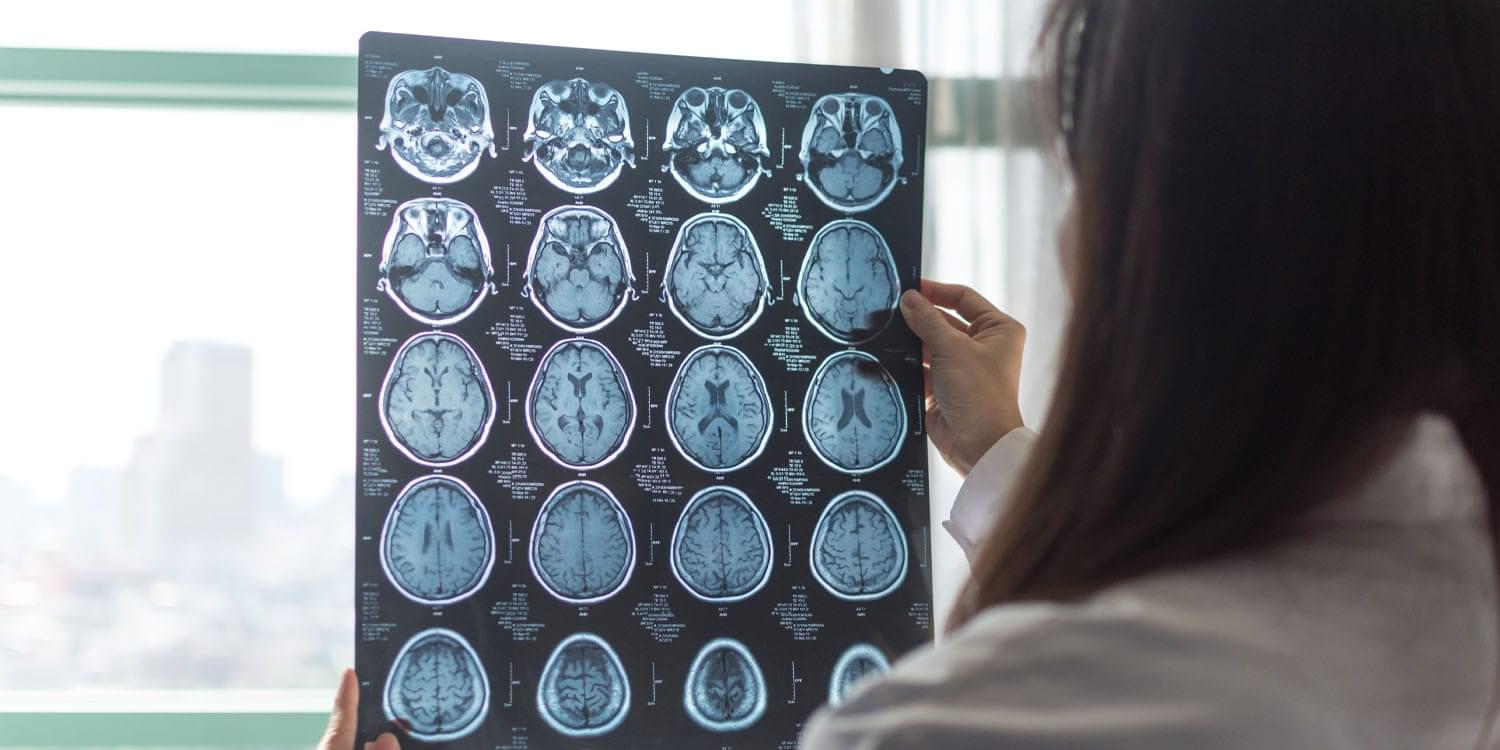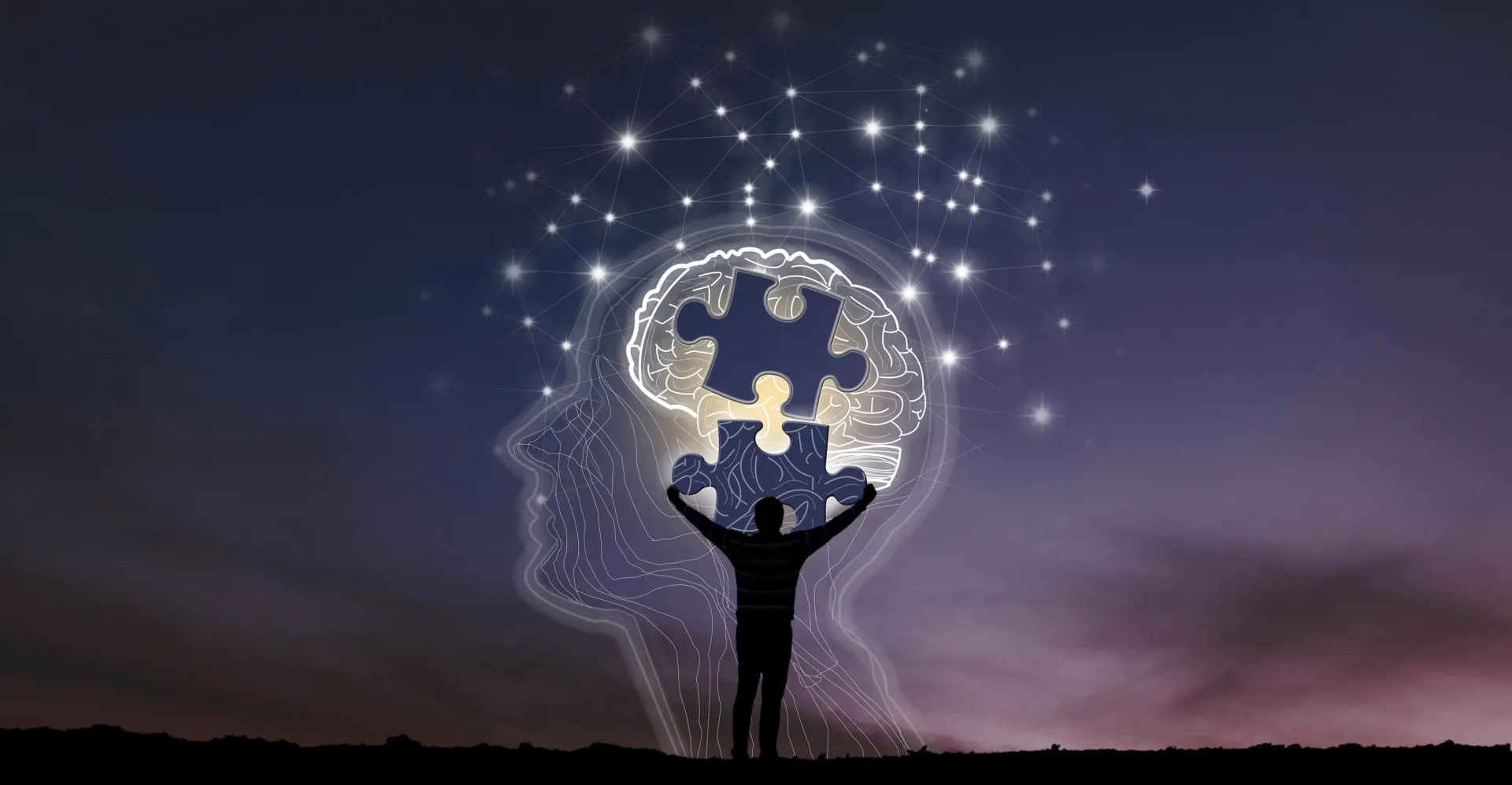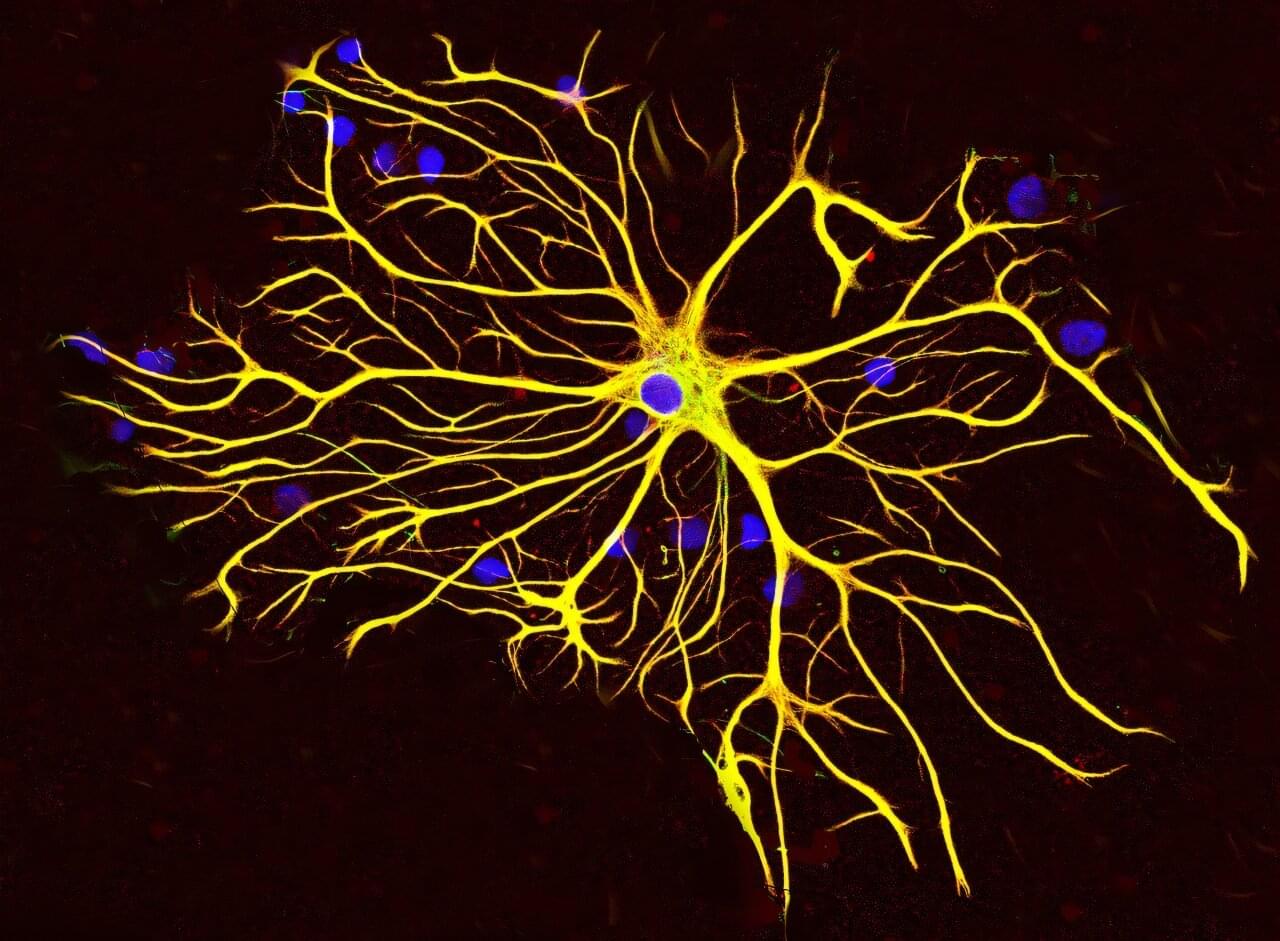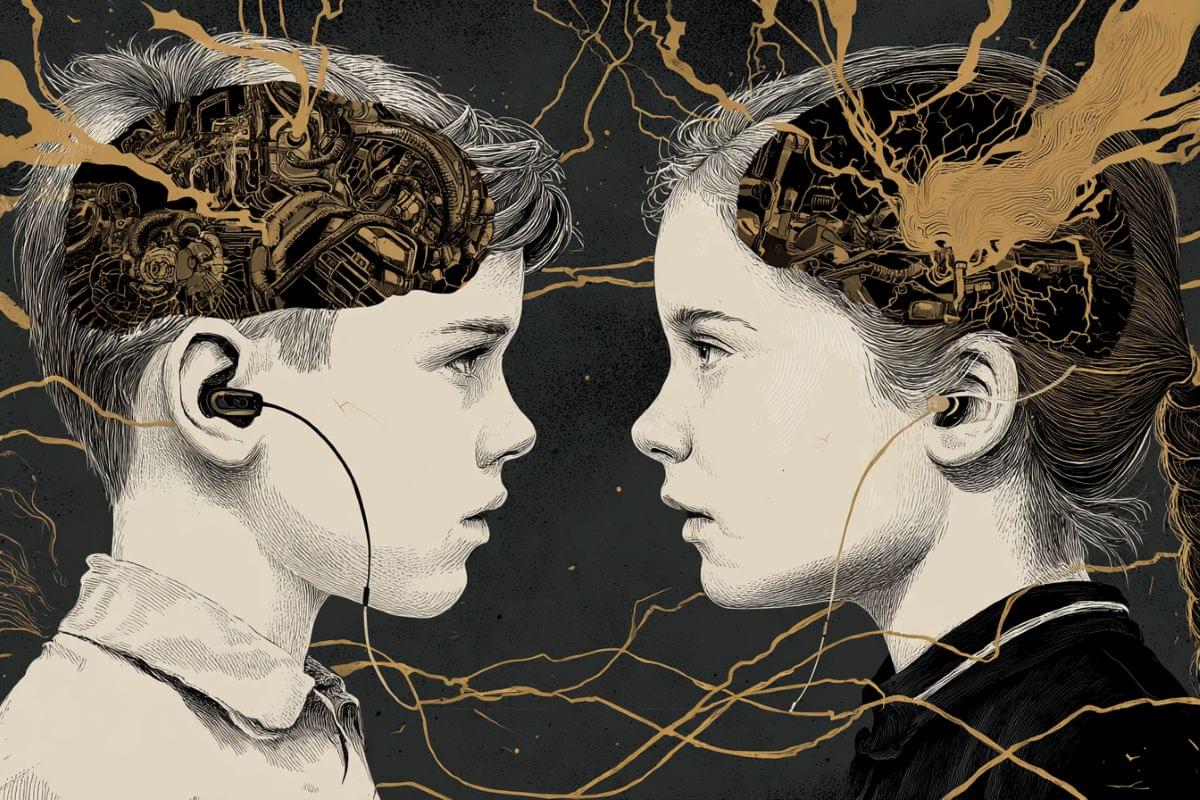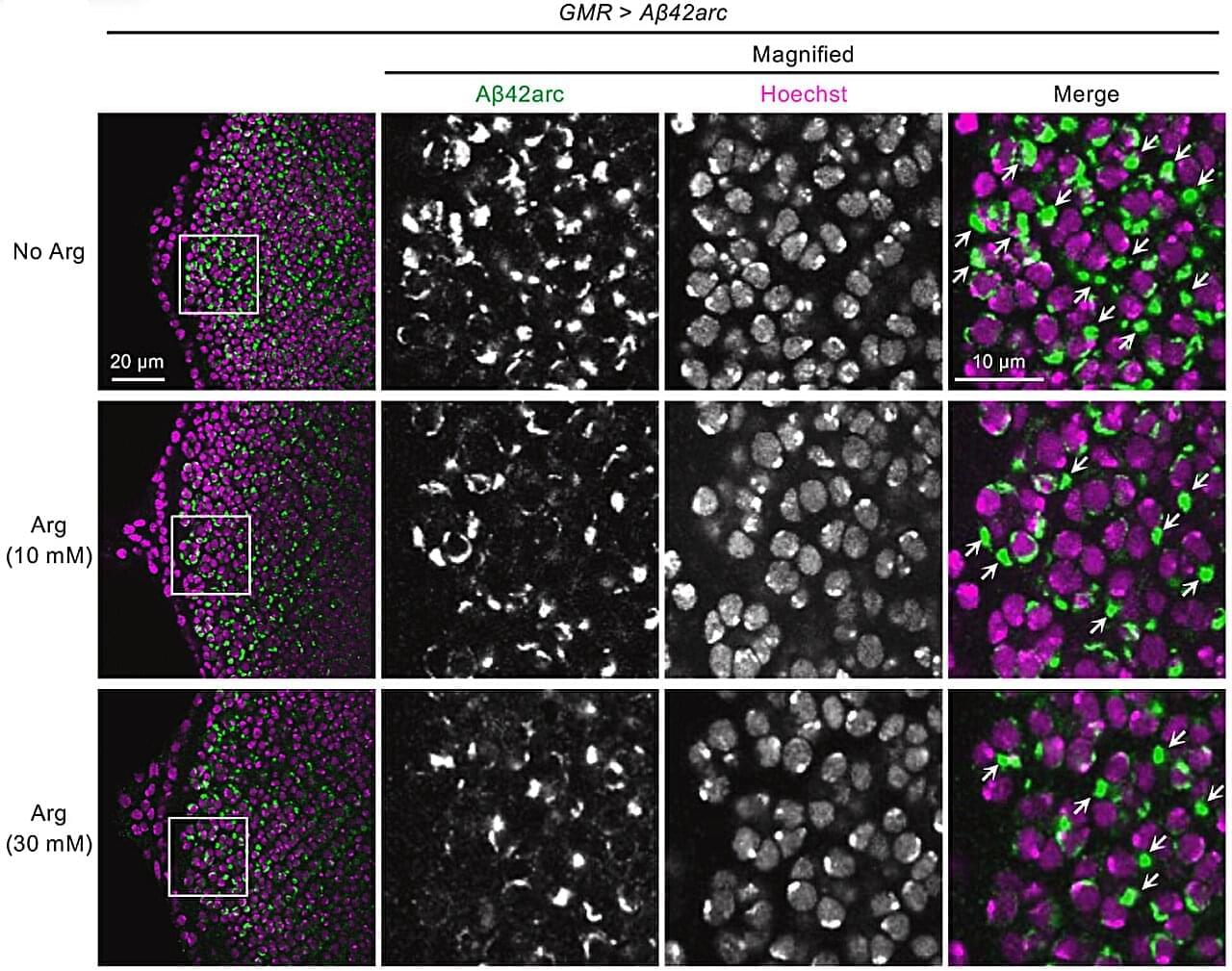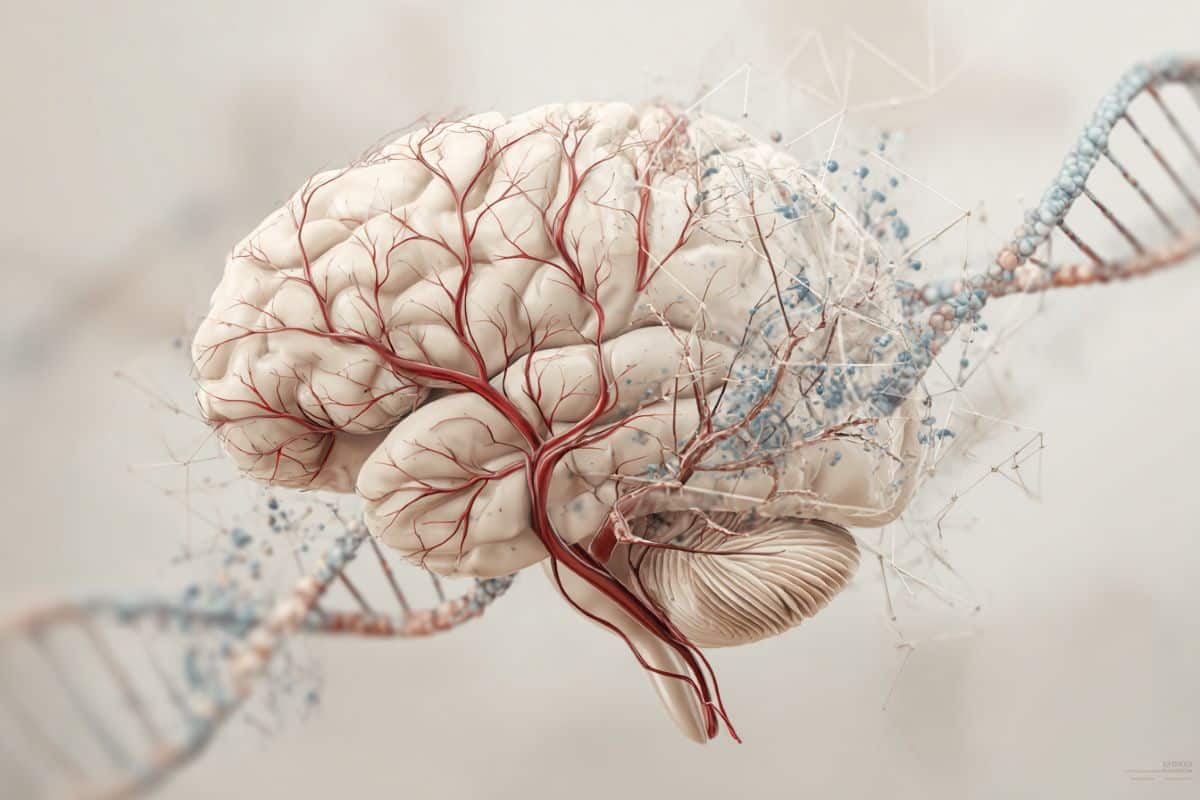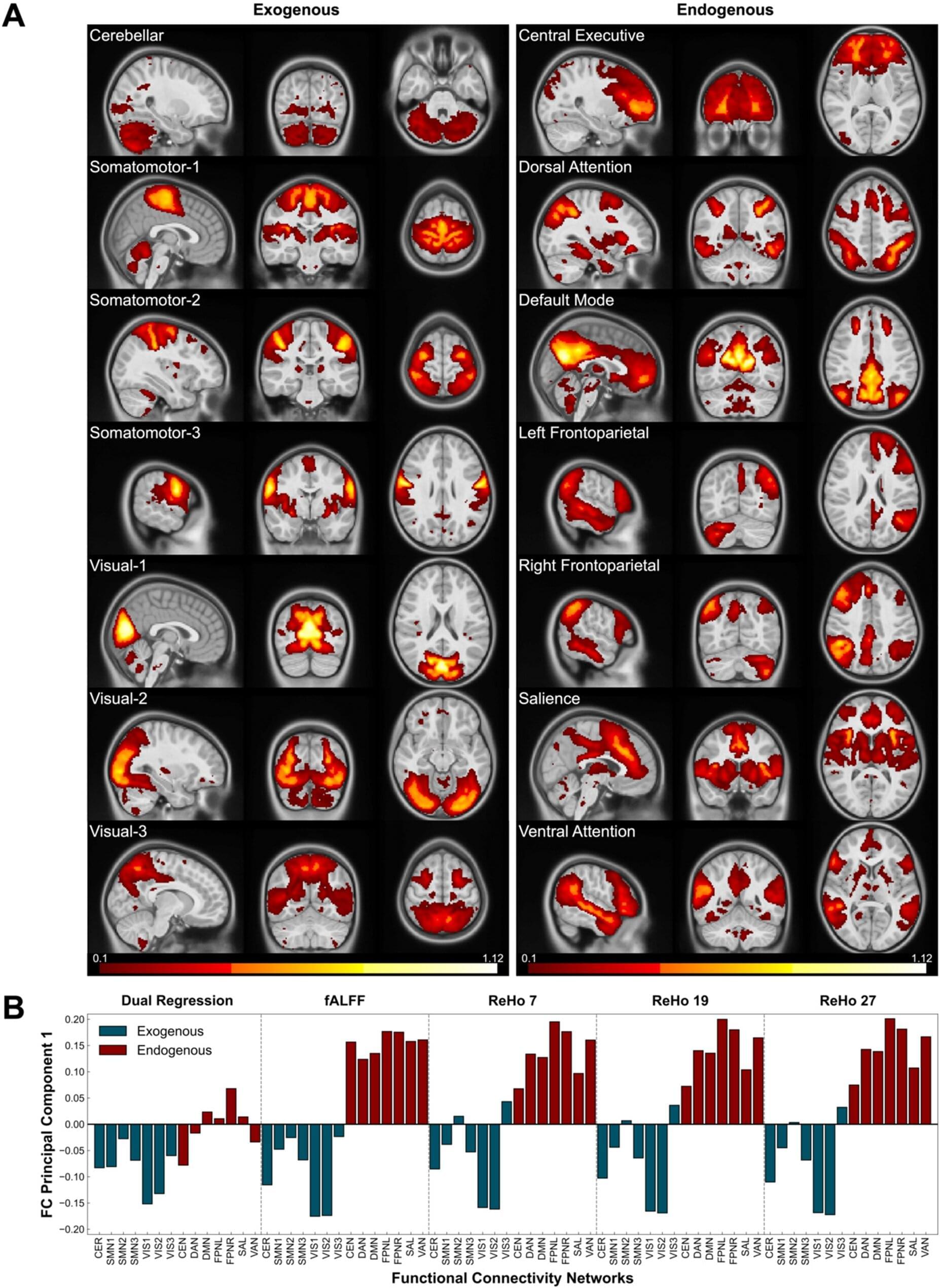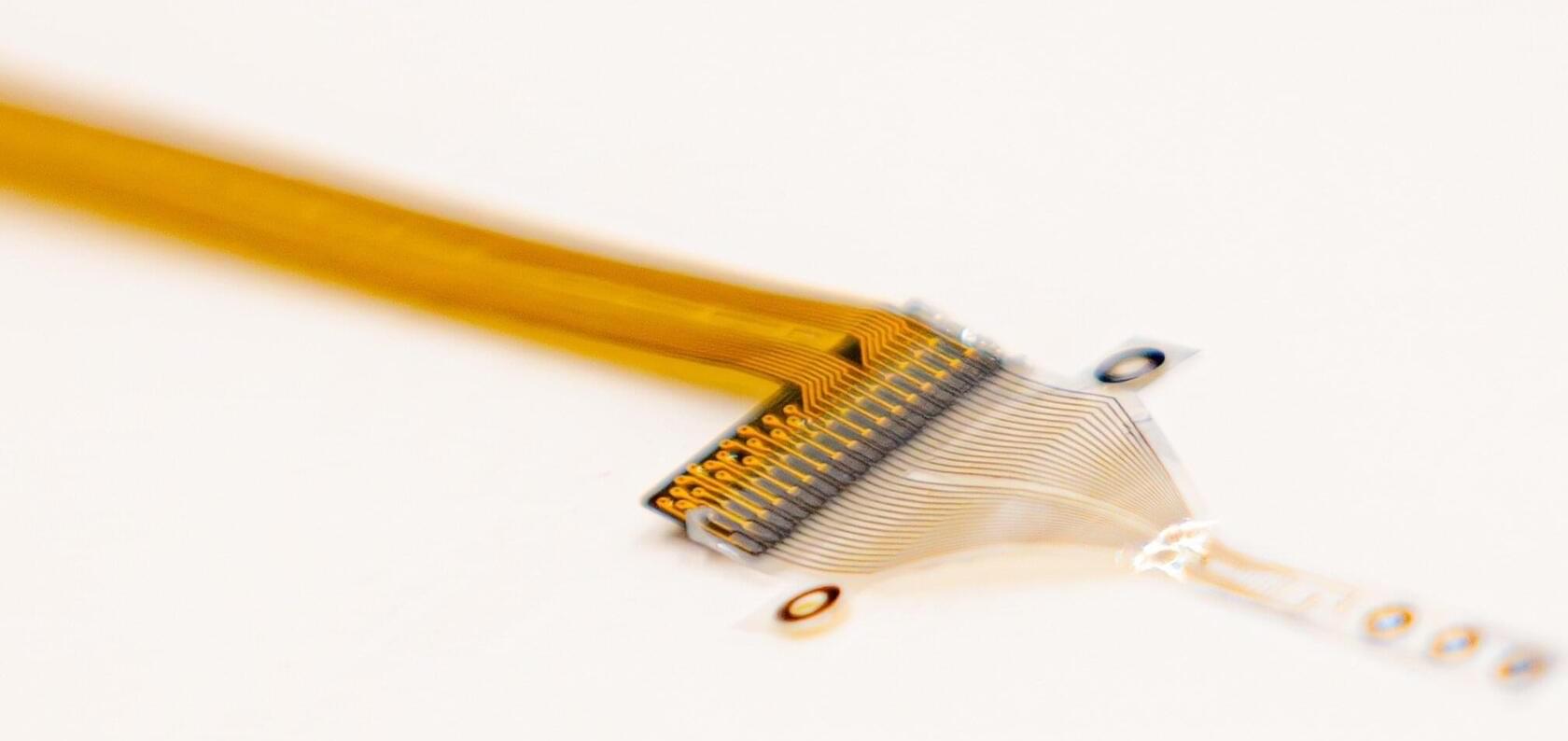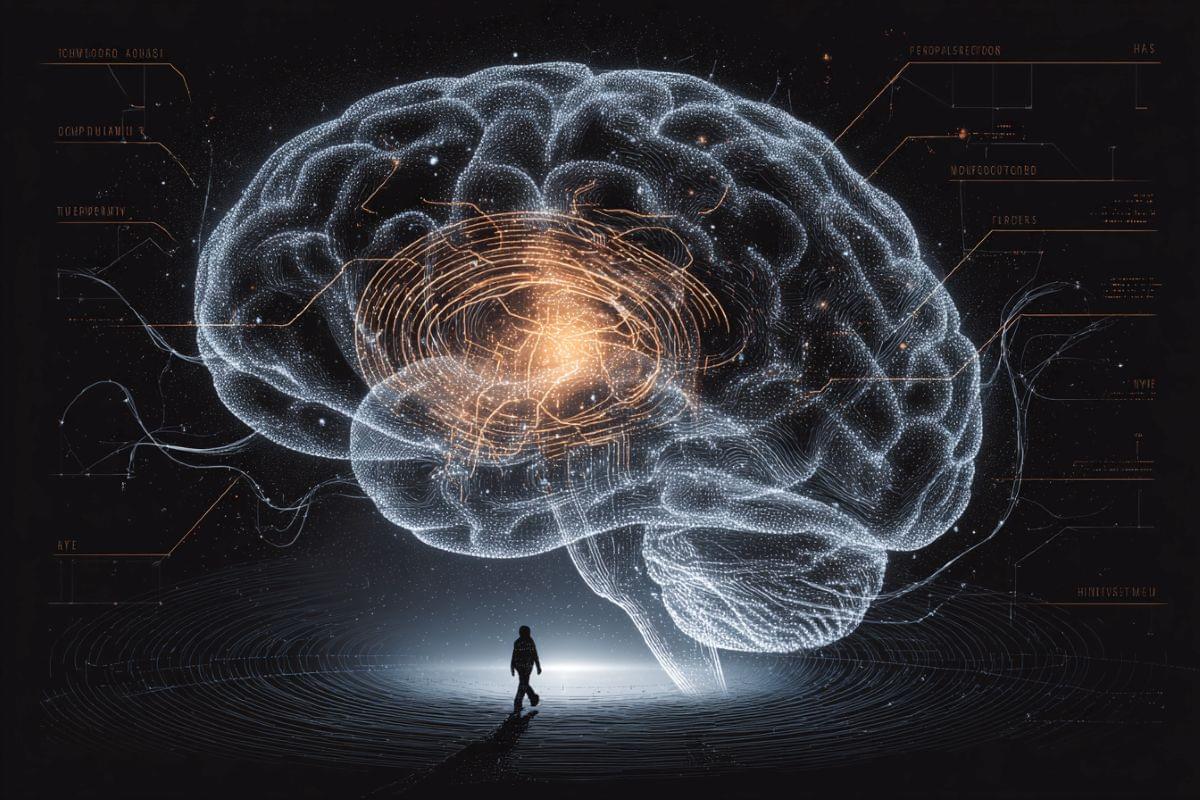The study also utilized blood samples collected at the beginning of the research period. The investigators measured several biomarkers of systemic inflammation, including C-reactive protein and white blood cell counts. These markers were combined into a composite inflammation score. This score allowed the team to test if inflammation in the body explained the link between diet and brain changes.
The results revealed a significant association between dietary habits and brain aging. Individuals who consumed the most pro-inflammatory diets had a larger brain age gap compared to those who ate anti-inflammatory diets. Specifically, those in the most pro-inflammatory group had brains that appeared about half a year older on average than those in the healthiest diet group. This suggests that poor dietary quality may accelerate the biological clock of the brain.
This association was dependent on the age of the participants. The link between a pro-inflammatory diet and older brain age was much stronger in adults aged 60 and older. In this older demographic, a pro-inflammatory diet was associated with an advanced brain age of nearly a full year. This implies that older adults might be more vulnerable to the negative effects of a poor diet.
